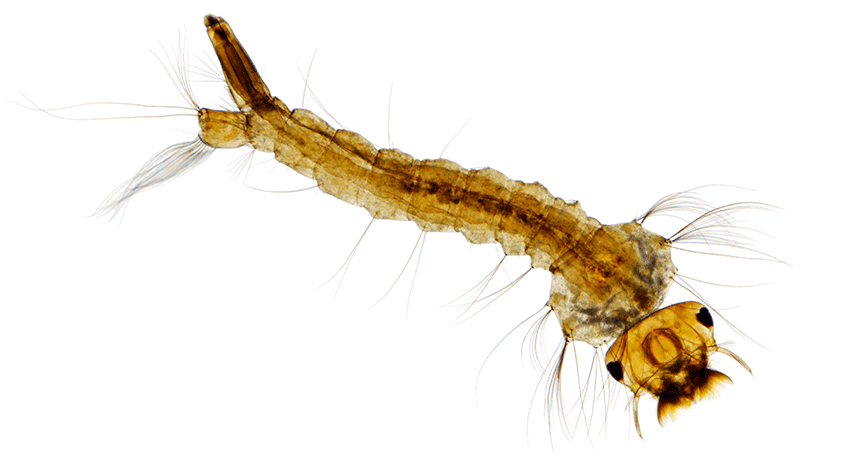algae Single-celled organisms, once considered plants (they aren’t). As aquatic organisms, they grow in water. Like green plants, they depend on sunlight to make their food.
bacteria (singular: bacterium) Single-celled organisms. These dwell nearly everywhere on Earth, from the bottom of the sea to inside other living organisms (such as plants and animals).
caterpillar The larval stage of moths and butterflies. Somewhat wormy-shaped crawlers, caterpillars tend to eat leaves and other plant bits. Some will, however, dine on other insects.
cattle Also known as bovines (because they’re members of the subfamily known as Bovinae), these are breeds of livestock raised as a source of milk and meat. Although the adult females are known as cows and the males as bulls, many people refer to them all, generally, as cows.
diet The foods and liquids ingested by an animal to provide the nutrition it needs to grow and maintain health. (verb) To adopt a specific food-intake plan for the purpose of controlling body weight.
environment The sum of all of the things that exist around some organism or the process and the condition those things create. Environment may refer to the weather and ecosystem in which some animal lives, or, perhaps, the temperature and humidity (or even the placement of components in some electronics system or product).
gills The respiratory organ of most aquatic animals that filters oxygen out of water. Fish and other water-dwelling animals use gills to breathe.
infect To spread a disease from one organism to another. This usually involves introducing some sort of disease-causing germ to an individual.
insect A type of arthropod that as an adult will have six segmented legs and three body parts: a head, thorax and abdomen. There are hundreds of thousands of insects, which include bees, beetles, flies and moths.
larva (plural: larvae) An immature life stage of an insect, which often has a distinctly different form as an adult. (Sometimes used to describe such a stage in the development of fish, frogs and other animals.)
organ (in biology) Various parts of an organism that perform one or more particular functions. For instance, an ovary is an organ that makes eggs, the brain is an organ that makes sense of nerve signals and a plant’s roots are organs that take in nutrients and moisture.

